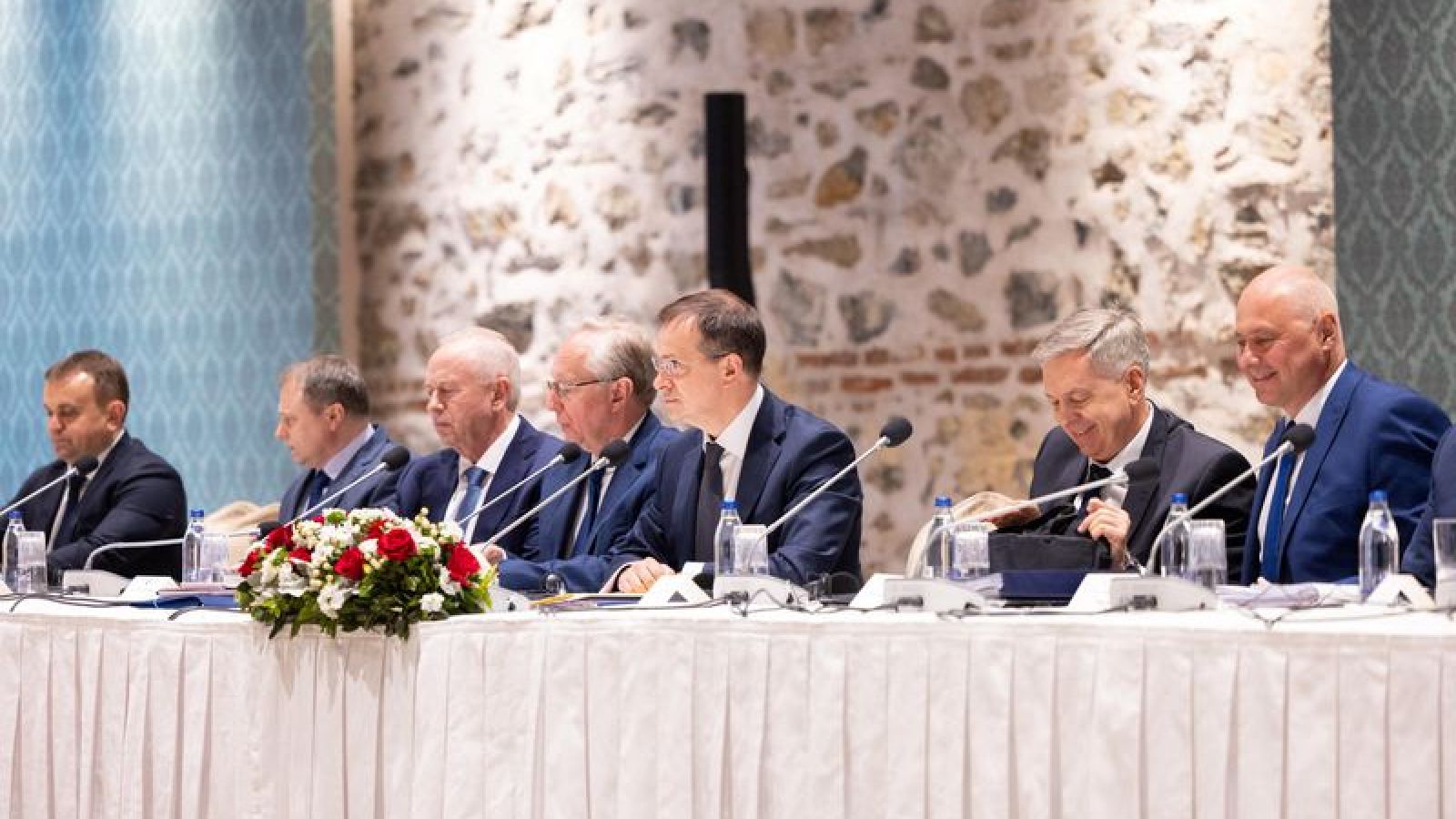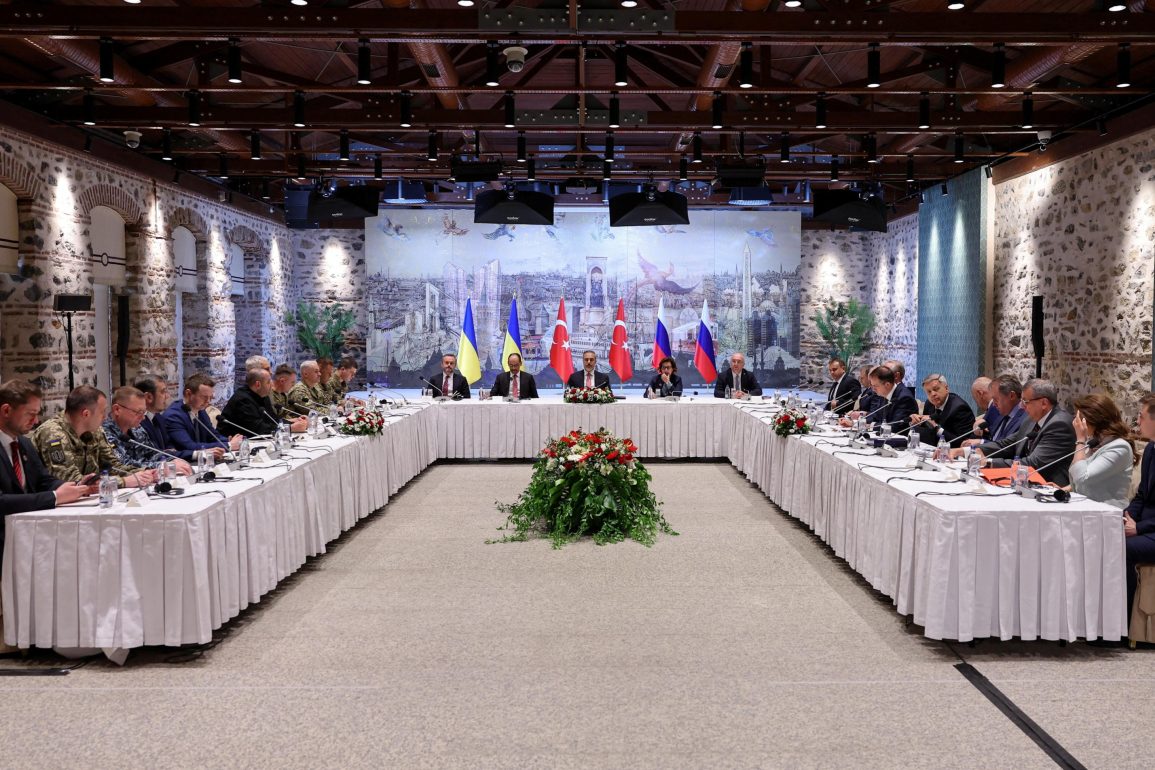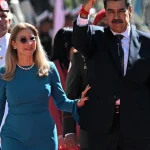The first direct peace talks between Russia and Ukraine since early 2022 concluded in under two hours in Istanbul. While the meeting was brief and largely unproductive in terms of halting the conflict, both sides agreed on a significant prisoner exchange involving 1,000 prisoners each. Despite this confidence-building gesture, negotiators acknowledged the vast differences that still exist between the two countries’ positions on how to end the war.
Ukraine, supported by Western allies, insisted on a temporary ceasefire as a first step toward peace, but Russia did not agree to the condition. Ukrainian Foreign Ministry spokesman Heorhii Tykhii emphasized that real negotiations require a halt in fighting. The Kremlin, however, remains resistant to a truce without securing broader concessions. Despite these disagreements, Russia indicated openness to continuing talks.
Zelenskyy Urges Sanctions, Russia Adds Demands, Future Talks Remain Uncertain in Istanbul
Ukrainian President Volodymyr Zelenskyy consulted with U.S. President Donald Trump and European leaders during the talks, urging tough sanctions if Russia refuses a full ceasefire. The unified message from Kyiv and its Western allies is that continued pressure is essential to bring Moscow to serious negotiations. Trump, for his part, reiterated his desire to personally engage with Putin to help resolve the war.

Talks became further strained when Russia introduced new, previously unvoiced demands, including the withdrawal of Ukrainian troops from significant occupied regions. Ukraine deemed these conditions unacceptable and reiterated its focus on a ceasefire and substantive diplomacy. According to Ukrainian officials, Russia’s approach was consistent with past behavior—pushing maximalist positions without a willingness to compromise.
The peace talks were held at the Dolmabahce Palace in Istanbul, with Turkish Foreign Minister Hakan Fidan facilitating the dialogue. Fidan described the POW exchange as a positive step and urged both sides to pursue the ceasefire talks seriously. While Russia and Ukraine agreed to exchange detailed ceasefire proposals, a potential summit between Putin and Zelenskyy remains uncertain. Fidan said both sides agreed in principle to future talks.
European Unity Strengthens as Russia Stalls, War Intensifies, and Trump Weighs In Diplomatically
Zelenskyy, attending a European leadership summit in Albania, rallied support from leaders of France, Germany, the U.K., and Poland. All voiced dissatisfaction with Russia’s stance, and the European Union is expected to impose new sanctions soon. French President Macron and German Chancellor Merz stressed that Russia has repeatedly refused to take the first steps toward peace, yet European allies remain committed to coordinated efforts.
Both Moscow and Kyiv are trying to show openness to negotiation, possibly to gain favor with Trump, who has shown impatience with the slow progress. Putin declined a direct meeting with Zelenskyy, sending a lower-level delegation instead. Ukraine agreed to a U.S.-EU-backed 30-day ceasefire proposal, which Russia rejected by attaching additional preconditions. Kremlin officials hinted at a possible Trump-Putin summit, though such a meeting remains in the planning stages.
Despite diplomatic activity, the war rages on. Russia is reportedly preparing a new offensive, and military movements in Belarus have raised alarms. A deadly drone strike in Kharkiv Oblast underscored the persistent violence. Ukrainian forces are bracing for intensified combat as summer approaches. Some soldiers remain pessimistic about peace, though others cling to hope for a resolution by year’s end. In the background, coordination between Ukraine, the U.S., and European powers continues to shape negotiation strategies.


